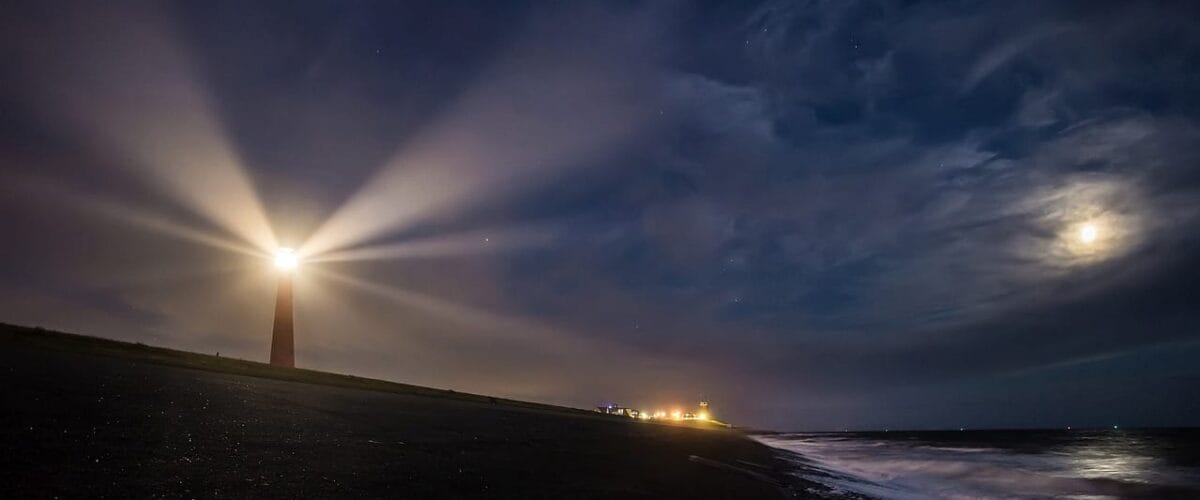I have come to believe that this cultural moment of crisis, of both meaning and identity, is just another iteration of the age-old debate between determinism and free will. We want a world consistent enough to make sense to us – but one that makes sense to us . . . on our own terms. We want to be free to choose the life we desire, as long as we’re able to describe that life as “just me being who I am”. We want to decide how purpose and meaning are defined, only to live in the disillusionment of discovering that the rest of existence isn’t really interested in playing along.
So, it’s really no surprise we’d all end up embroiled in a relentless power struggle of wills – each of us insisting that our choice should be the one to determine everyone else’s choice.
Everyone seems to have their own idea about what personal agency is supposed to look like, which, of course, ironically makes the first rule of personal agency – the circular notion that you get to define it for yourself. But it would be equally ironic to believe that our personal agency could somehow operate independently of our presupposed expectations of what constitutes reality. And this is because, like it or not, our sense of personal agency is a real-time manifestation of what we’ve already presupposed to be the way the world works – which is to say, we act in the world informed by our own view of the world. So recently, I’ve been rethinking what it means to have personal agency.
This is the premise I’m currently ruminating – We live into, and thereby live out of, the narrative we have chosen to believe is true. For example, if you believe that life’s preeminent narrative is best defined as a power struggle – then you will likely view personal agency as a battleground where defending and seizing power is the paradigm. It would be a narrative that would invariably provide you with a blueprint hierarchy for evaluating meaning, and would be infused into every relationship with which you engage.
Therefore, it could be reasonably said that those who live into such a power-oriented narrative find a ready-made rationale for bullying those who disagree with their political and morally sanctimonious positions – where using and abusing people is just the way the power game is played.
On the one hand, they aren’t exactly the authors of this narrative, because viewing life as ostensibly being a power struggle is as old as time itself. And on the other hand, it is their personal agency, however imperfectly managed, that chooses to express that narrative in the world as their particularized identity. In this way, our personal agency becomes a unique expression of the narrative we have by faith embraced to be true — even if our faith has embraced a false narrative . . . a cognitively dissonant narrative that’s lost the plot and point of the whole story. So what is the point of the story?
Are we to imagine ourselves to be the point of the story – or is the story greater than us? What if I told you it was supposed to be a love story, where love gets to define the significance of how our personal agency is meant to be expressed – would that strike you as intuitively true?
It is the confession of my Christian faith that God invites us all to live into the love story he is telling. A story that seeks us out down every dark cul-de-sac we make of our own self-involved impulses that our own personal agency has led us into. A story that reveals to us that the most powerful force of all is cross-shaped and is best expressed in the self-emptying sacrifice of Christ and is amplified throughout the whole of reality by his resurrection. And as I choose to live into this narrative, I find Jesus meeting me there, entreating me to love others as he has loved me . . . that I might be an expression of his love in the world.
. . . expressed in the little things done with great love.




















Comments are closed.